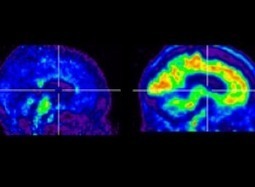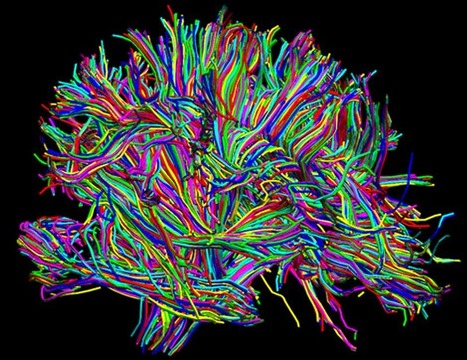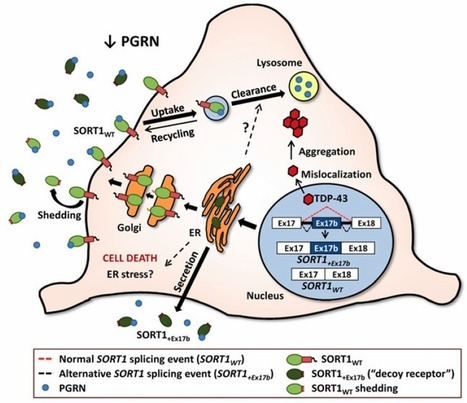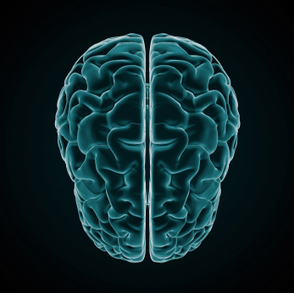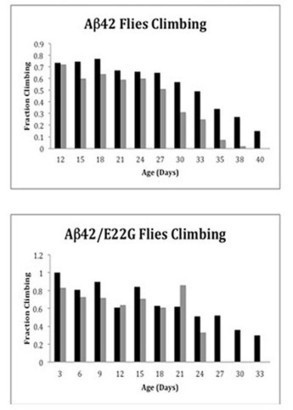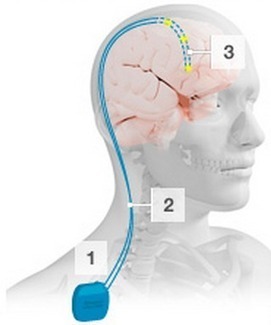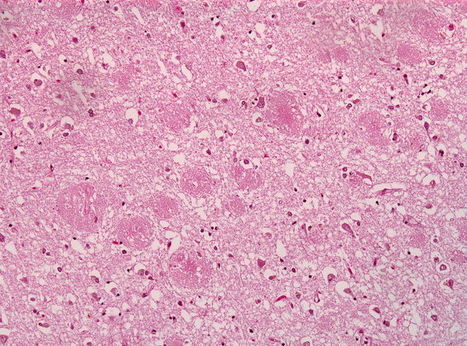In neurodegenerative diseases, the choroid plexus and CPECs age prematurely, resulting in reduced CSF formation and decreased ability to flush out the plaque-forming proteins that are a hallmark of Alzheimer’s.
Transplant studies have provided proof of concept for CPEC-based therapies. However, such therapies have been hindered by the inability to expand or generate CPECs in culture.
“Our method is promising, because for the first time we can use stem cells to create large amounts of these epithelial cells, which could be utilized in different ways to treat neurodegenerative diseases,” said Monuki, an associate professor of pathology & laboratory medicine and developmental & cell biology at UCI.



 Your new post is loading...
Your new post is loading...







